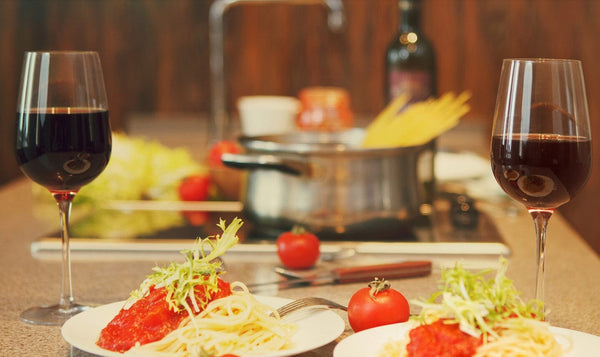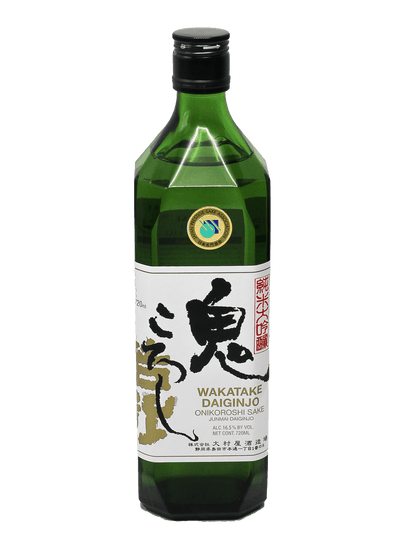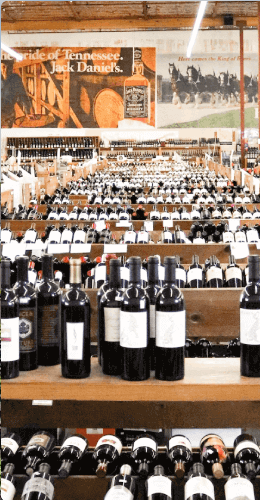The Best Red Wine for Cooking

Red wine for cooking is complex topic. You need to ask yourself what kind of dish you want to make, what wine will best help you achieve your goal, and what technique you’re going to use. It’s not the same to simply perfume a dish with wine as to saturate it with its full strength in a slow-cooked preparation. You also need to keep in mind that wine will become an important ingredient, and for that reason, you should choose it carefully before you order red wine online.
So, what is the best red wine for cooking?
Do Not Use a Really Low-quality Wine
When we think about cooking with wine, the first question we often ask is whether it has to be an expensive wine or if it’s better to use a cheap one, assuming it’s a waste to use a good bottle in a dish because the alcohol will just evaporate. The key is that the wine has to be something you like. Taste red wine and decide whether it fits the dish. Common sense tells us that cooking with an $300 Napa Cabernet Sauvignon isn’t the most rational choice when you could be drinking it instead, but that doesn’t mean the wine you pour into your pan can’t be a quality one.
Although we often hear about so-called “cooking wine,” the term is vague and generic. If you want a dish with character, you’ll need to be more selective. Most often you want a dry red wine for cooking. If you want the wine to contribute flavor and aromatic value to your recipe, don’t grab the cheapest plonk at the supermarket just because it’s there. And don’t pour in leftovers from yesterday’s lunch without considering what dish you’re making or what kind of wine it is.
Consider the Recipe When Choosing the Wine
Another important point when cooking with wine is to ask yourself what wine fits the dish you’re planning to make. The recommended red wine for cooking is the one that works well with the recipe and your cooking style. Rember: it’s not only about wine—it’s about alcohol. Depending on the dish, you might choose anise, beer, brandy, or vermouth and apply it in the way the recipe demands. When we focus on red wine, the result will change depending on which kind you choose—each has a distinct personality.
Tannic wines or those with residual leave a noticeable mark on flavor. It’s not the same to cook beef cheeks with a red wine from Priorat, a young California, or a carbonic maceration red from Beaujolais. You have to choose carefully based on what you’re trying to achieve.
Red Wine for Cooking Meat, White for Fish?
Not always. Salmon poached in red wine, for example, is wonderful.
In general, game meats and tougher cuts of beef benefit from intense reds. Red wines lend weight and color to sauces for larger cuts of meat. Still, cooking is a personal game. Oxtail, for example, turns out very rich when made with red wine, but everything is relative. You will find barrel-aged white wines more intense than a young red. You can play with combinations to get the result you want. If you’re making a specific, named dish like Boeuf Bourguignon, you’ll need the red wine typical of that French preparation—or else you’re making a different dish. The goal is to find allies. Carbonic maceration reds work well with wine-poached pears, for example.

If you want a substitute for red wine in cooking, consider a dry Oloroso sherry, a vermouth, or maybe even a full bodied Chardonnay.
Also Read: What is The Best Dry White Wine for Cooking?
Do Not Add Too much Wine When You Just Want to Perfume the Dish
When cooking with red wine, you may want to either lightly scent a dish or deeply infuse it with character. The technique and even the wine itself should change depending on your goal. A light splash of wine can perfume a roast; a little light Pinot Noir can brighten a chicken and mushroom dish.
But if you’re making oxtail and pour in a good amount of red wine—which will require more time to reduce—you’re creating a dish where the wine plays a central, intense role.
Always Evaporate the Wine in Stews
Unlike other ingredients, wine contains alcohol, which means longer cooking times are often needed to reduce it properly. Harold McGee explains in his best-seller On Food and Cooking that alcohol has strong, sharp, almost medicinal qualities that can intensify and overpower dishes when heated. That’s why chefs typically simmer or boil sauces to evaporate as much alcohol as possible. If alcohol doesn’t cook off properly, it can overwhelm the dish.
There are subtleties to reducing alcohol. Red wine, if over-reduced while dry, can taste bitter. Before you buy red wine, it’s essential to know the desired type of wine, how much you’re adding, and how long it needs to cook. You can add plenty of wine to red meat, but you must also give it enough time to reduce so it becomes flavorful.
Related Blogs:


















Leave a comment